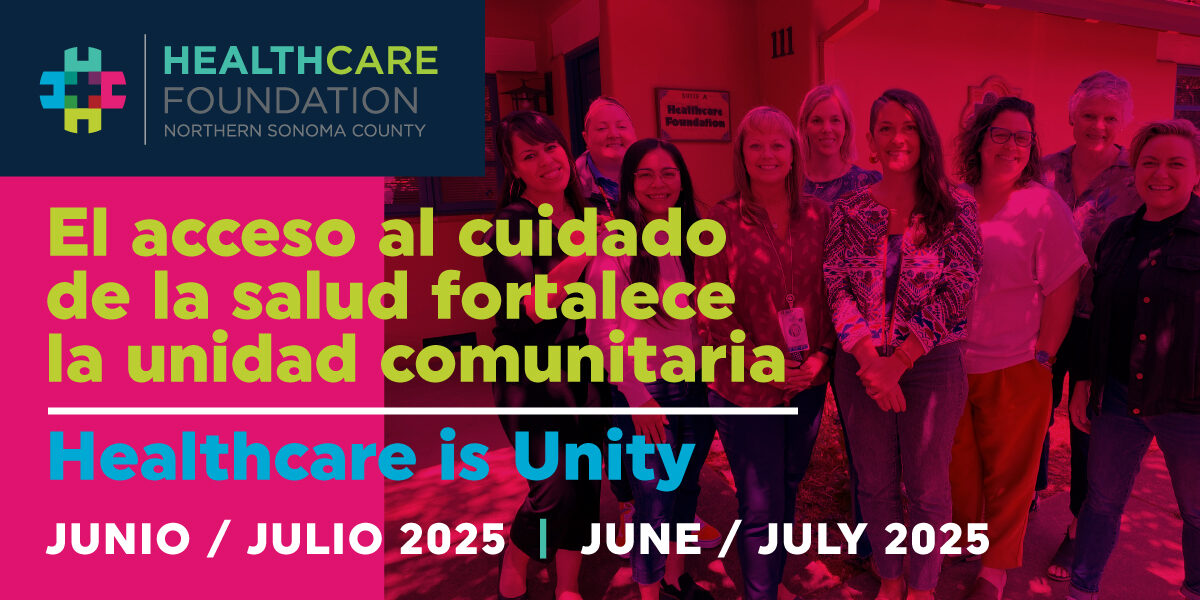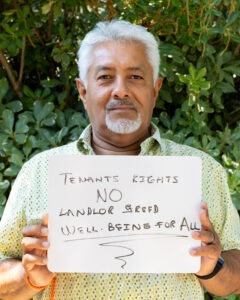
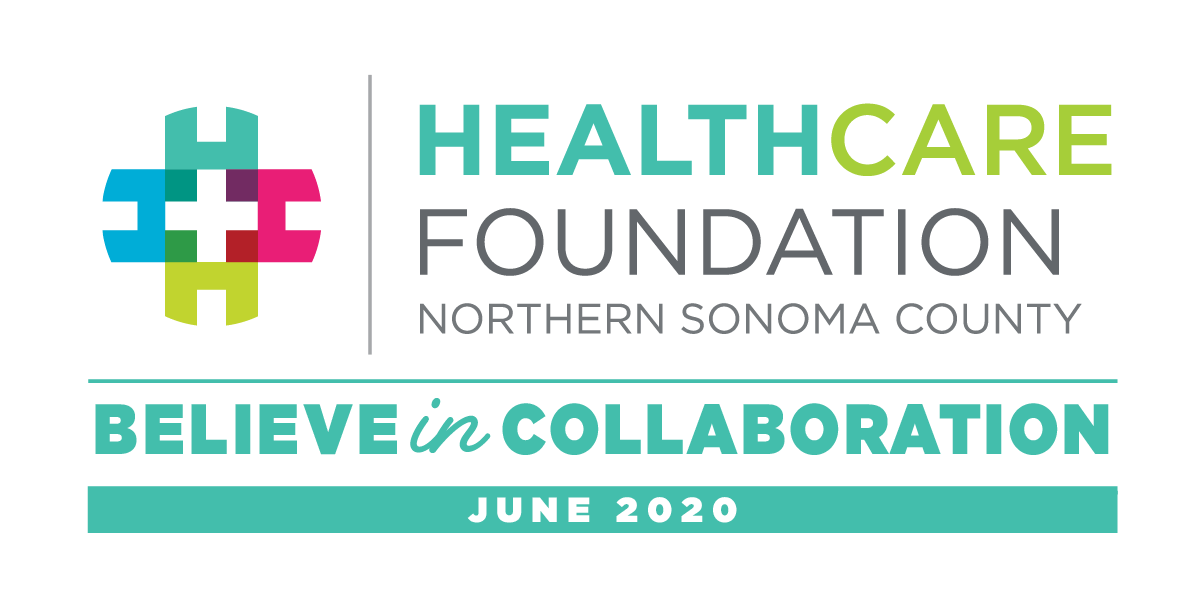
Believe in Collaboration
This month, we shine a spotlight on Mental Health Talent Pipeline awardee Luigi Valencia, and board member Esther Lemus tells us what collaboration means to her.

Dear Friends,
The COVID-19 pandemic has exposed and deepened existing inequalities in our communities. As we fight the issue of disparate healthcare access and outcomes close to home, we must also acknowledge that BIPOC (Black, Indigenous and People Of Color) are fighting for their lives on many fronts, including against the police brutality that gravely impacts health, mental health and wellness. We at the Healthcare Foundation believe strongly that #BlackLivesMatter. We stand together with BIPOC communities fighting for their lives and liberties.
As we move forward at the Healthcare Foundation, we are examining our own biases, looking to how we can include diverse perspectives, racially and socio-economically, on our board. We are evaluating our programming initiatives to realign with the greatest needs, taking into account the realities of systemic racism and economic challenges. We acknowledge and want to fight the inequity in access to healthcare and the resulting disparities in health outcomes.
The latest data from the County of Sonoma show that Latinx community members are statistically nine times more likely to become infected by Coronavirus than their white neighbors. We must find and play our part to confront the systemic racism that contributes to socio-economic inequality and fuels this disparity in infection rates. Many Latinx community members are essential workers and yet have no access to paid sick leave. COVID-19 stands to leave permanent scars on them, and therefore on all of us, if we do not act. As an organization, we believe it is absolutely crucial that we engage in these tough issues and collaborate with our supporters and partners to address the realities of systemic racism in our healthcare system and its effects on our people. Please read Healthcare Foundation Board member Esther Lemus’ message below about what collaboration means to her.
This month’s newsletter also brings you the story of Luigi Valencia. In 2016, the Healthcare Foundation became aware of the tremendous challenge Latinx community members have in accessing healthcare, including mental health therapy. The national shortage of bilingual/bicultural mental health professionals is even more severe in our area. In collaboration with our visionary donors, in 2017 we kicked off the Mental Health Talent Pipeline scholarship program. Each student in the program receives $38,500 over six years to support their educational journey and to reward them for remaining in our area to offer bilingual/bicultural mental health services. To date, we have invested over $150,000 in talented students working on their mental health degrees.
Luigi epitomizes the spirit of collaboration, taking a multidisciplinary approach to working with clients in crisis. His ultimate goal is to bridge mental health and community safety, placing his personal story at the nexus of matters driving our nation’s dialogue today around police reform. Please read Luigi’s courageous story below, as it underscores the kinds of integrative, collaborative approaches to wellbeing we need more than ever to solve our society’s toughest challenges.
Thank you for coming along on our journey of introspection and evolving engagement during this time of national crisis. Through collaboration, we can work to increase access to healthcare and mental healthcare so that everyone has the opportunity to lead a healthy, productive life.
Stay well,

Kim Bender
Executive Director
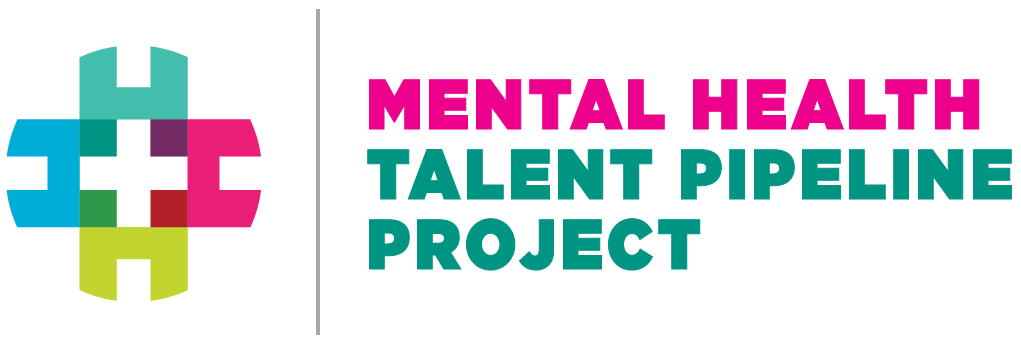
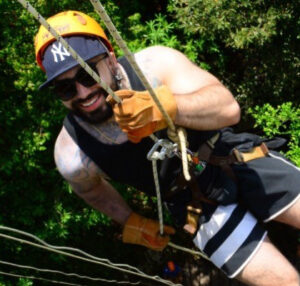
When Mental Health Talent Pipeline scholarship recipient Luigi Valencia was growing up the son of immigrants in an economically disadvantaged neighborhood in Sonoma County, he witnessed many people he knew experiencing negative encounters with the police. But he also noticed that many of those people were hurting in different ways: some had mental health issues, and some were abusing substances to ease that pain. As a kid, he didn’t fully understand the connection, but it’s part of what drew him first to a career in mental health and then to pilot a youth diversion program to help keep young people out of juvenile detention.
“We need to increase our collaboration between law enforcement and mental health professionals, such as with the Mobile Support Team that goes out on 911 calls with police officers to address mental illness-related incidences, to help de-escalate situations and peacefully handle people in crisis,” Luigi says. “I would say nine times out of ten, the people who come into contact with law enforcement have some mental illness or have experienced trauma. Being Latino and fluent in Spanish, and having experienced family members being incarcerated, helps me bridge the gap with Latino youth, and de-escalate what could otherwise result in violence.”
With support from the Healthcare Foundation’s Mental Health Talent Pipeline stipend, Luigi began working with SOS Community Counseling in 2017 in Healdsburg School District, and now also works in Windsor, Santa Rosa, and soon in Cloverdale. He counsels over 60 students throughout the school year, and has now become the Justice Program Specialist for a number of entities in the County: Mobile Support Team (Sonoma County Behavioral Health), Healdsburg Juvenile Diversion Program (Healdsburg Police Department), Windsor Youth and Family Services Diversion Program (Sonoma County Sheriff’s Office), and Amarosa Continuing Education Program.
Luigi mostly works with young people in northern Sonoma County who have had encounters with law enforcement, whether for minor offenses like vaping or marijuana possession, or for more serious offenses. Through the juvenile diversion program, Luigi is able to offer these young people therapy and community service instead of incarceration in the juvenile detention system. And he’s successfully expanded the program with the school districts to provide the same alternatives to detrimental disciplinary measures such as suspension or expulsion. The success rate of this pilot program is phenomenal, changing the course of the lives of these young people: 44 of the 46 people that participated in the diversion program in the last 12 months have stayed out of the justice system and are proceeding with their lives.
“My whole approach is a collaborative community approach,” Luigi says, “supporting the youth from every direction, from teachers, to parents, to administration, and the police.” He explains that by engaging this collaborative network of supporters, together with individual therapy, success is far greater than it would be if just one pillar of the system was trying to help them out.
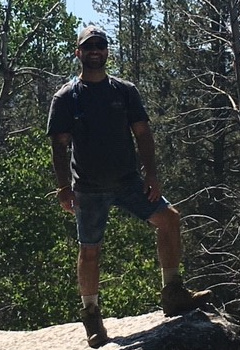
In order to bring additional bilingual/bicultural influence and trauma-informed care to his role with youth encountering law enforcement, Luigi recently decided to take a bold step by studying to become a police officer. As he moves into law enforcement with a focus on public safety, Luigi says his mental health training will help him bring his perspective to others on the force to see people in crises through a different lens. Because he is familiar with all the mental health resources in the community, he can share that knowledge not just to meet the needs of youth in crises, but to help other police officers take a more trauma-informed approach. The goal, he says, should be to keep people out of jail, and to address the root causes that brought them into contact with the law.
We’re proud of the work Luigi is doing in our community to connect mental health services with schools and public safety, and we’re deeply grateful to see a trained mental health professional working to bring important conversations and much needed awareness to law enforcement.
This is the kind of reform our country is crying out for in the face of excessive use of force, shootings of unarmed people, and mass incarceration.
For more information about all of our Mental Health Talent Pipeline and the next generation of bilingual/bicultural mental health professionals working in our community, please click here.
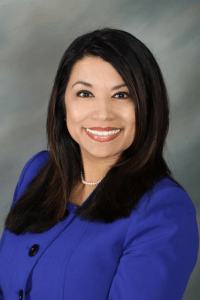
What Collaboration Means to Me
By Esther Lemus, Board of Directors
The Cambridge Dictionary defines collaboration as “the situation of two or more people working together to create or achieve the same thing.” In my various roles in my own civic life as Vice Mayor for the Town of Windsor, proud Board member of the Healthcare Foundation of Northern Sonoma County, and the numerous other civic activities I’ve engaged in as a speaker, panelist, teammate, and community builder, the importance of collaboration goes beyond this definition. Collaboration to me is the recognition that we all share a mutual goal and the desire to climb, sometimes very steep mountains together. It is recognizing both the challenges and the importance of coming together with a shared purpose, combined efforts, and putting together our own unique talents, energies, and resources to climb this mountain together.
The mountain right now is facing our history of racial injustice in this country. To quote Bryan Stevenson from his book Just Mercy: A Story of Justice and Redemption, “…even as we are caught in a web of hurt and brokenness, we’re also in a web of healing and mercy.” It is the recognition that when you combine heart and soul with talents and will, all things are possible, including overcoming our perceived differences. We are in this together—as COVID-19 has made all the clearer—and only through collaboration can we heal and bring justice and peace to our communities and to our nation.
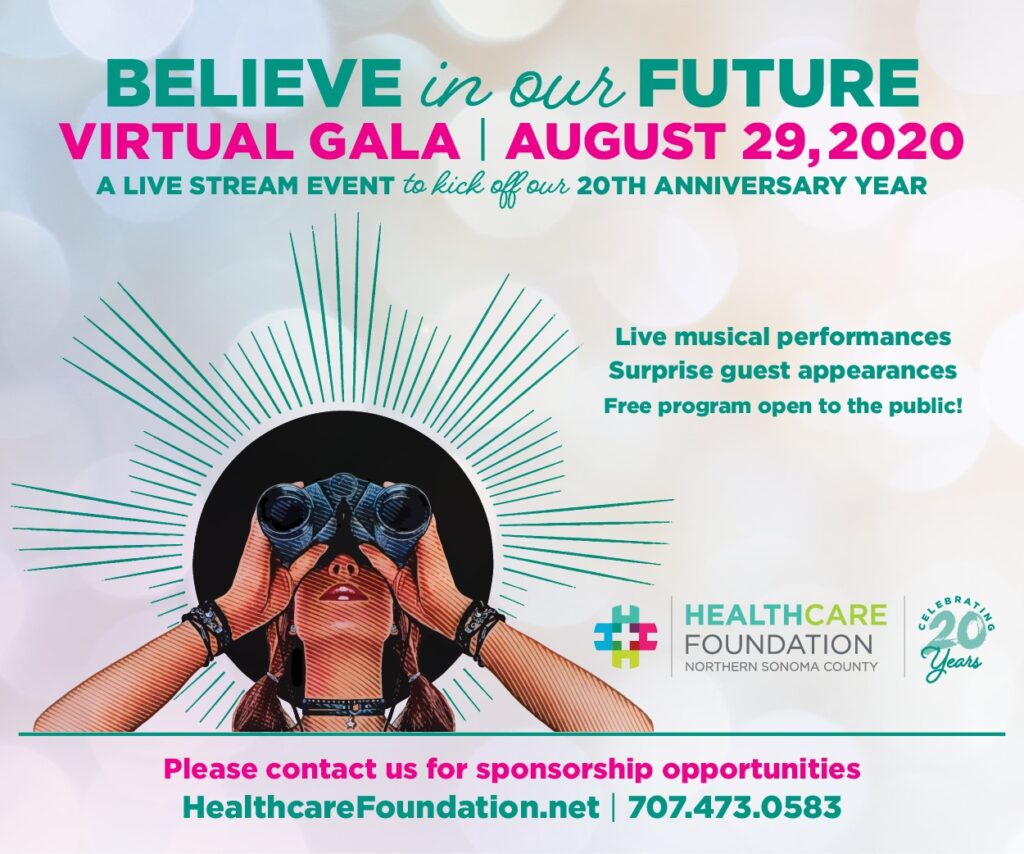
Our first-ever virtual gala will take place on August 29th. The program is FREE and open to the public. We are also offering sponsorships and VIP packages, with benefits including on-air recognition and concierge delivery of flowers, cocktails, wine and appetizers from local purveyors to help you celebrate at home in style, in socially-distanced groups. All sponsors will have access to a pre-show speakeasy hosted by local mixologists sharing their cocktail secrets. Please consider becoming a sponsor in support of our most vulnerable community members!
Do you have an advance healthcare directive? If not, we encourage you to make your plans now. Board member Danielle Restieaux Murphy shares her expertise on the topic here.

Related News + Stories
Invest in Our Community
Your support is vital to our collective vision of eliminating health inequities in northern Sonoma County.
Donate


